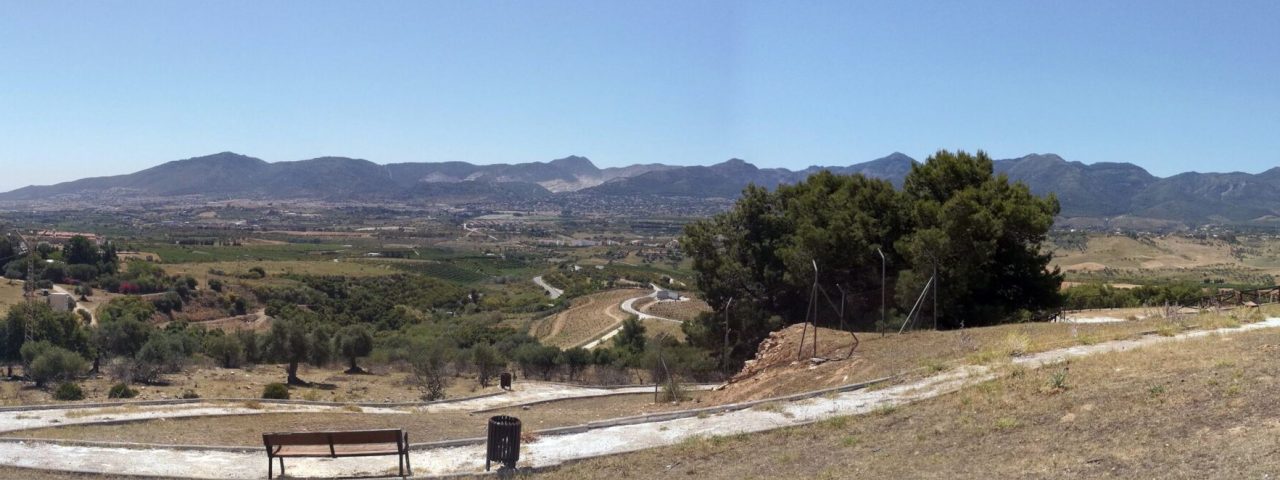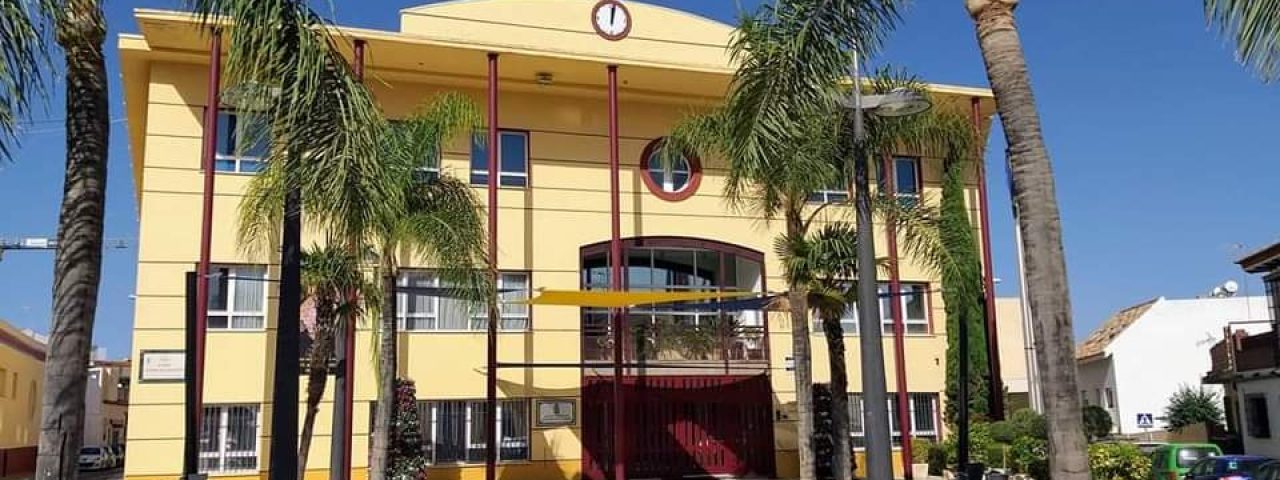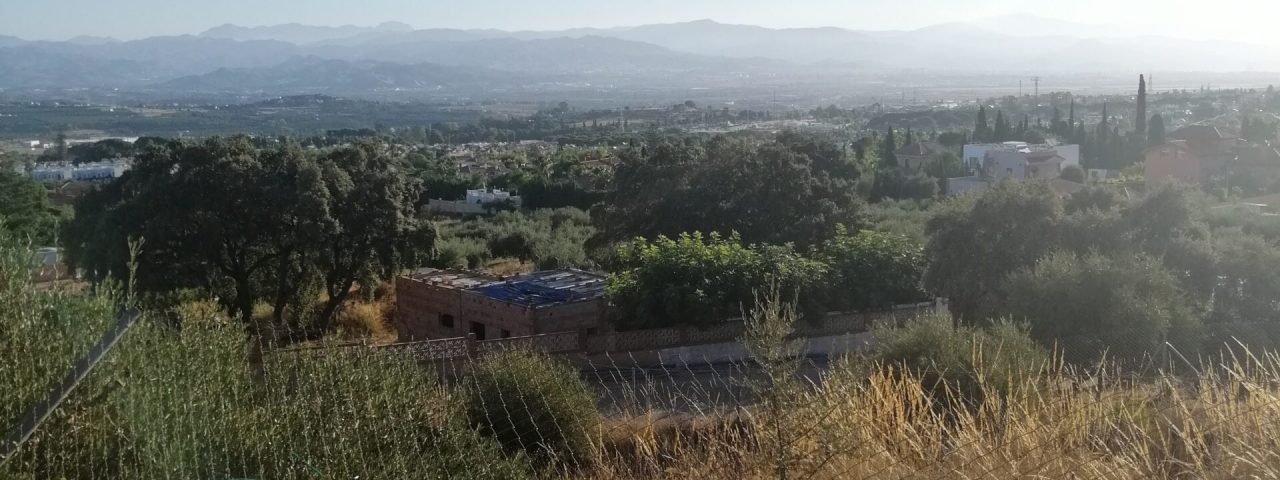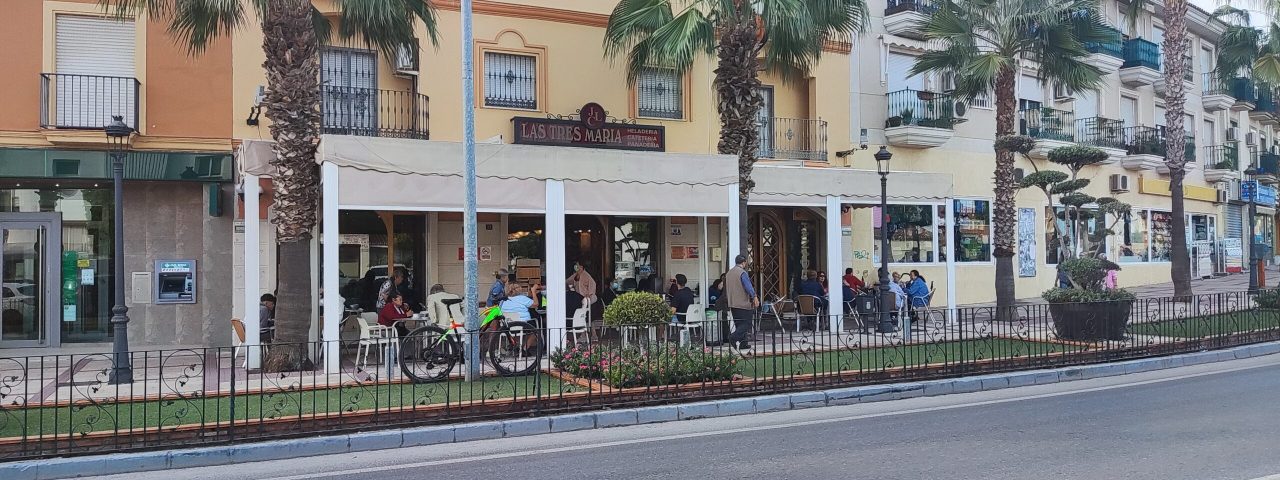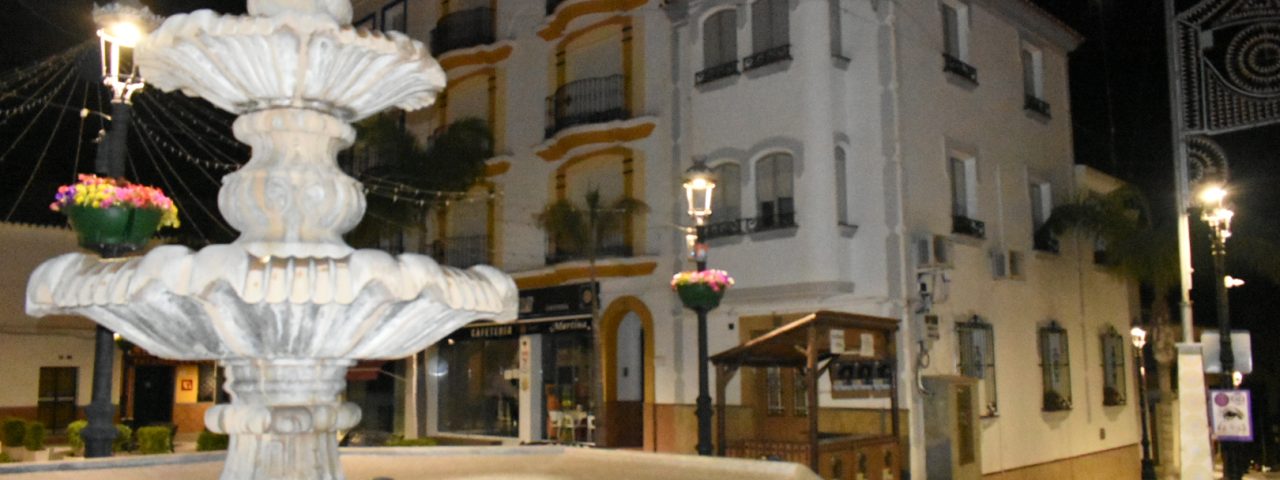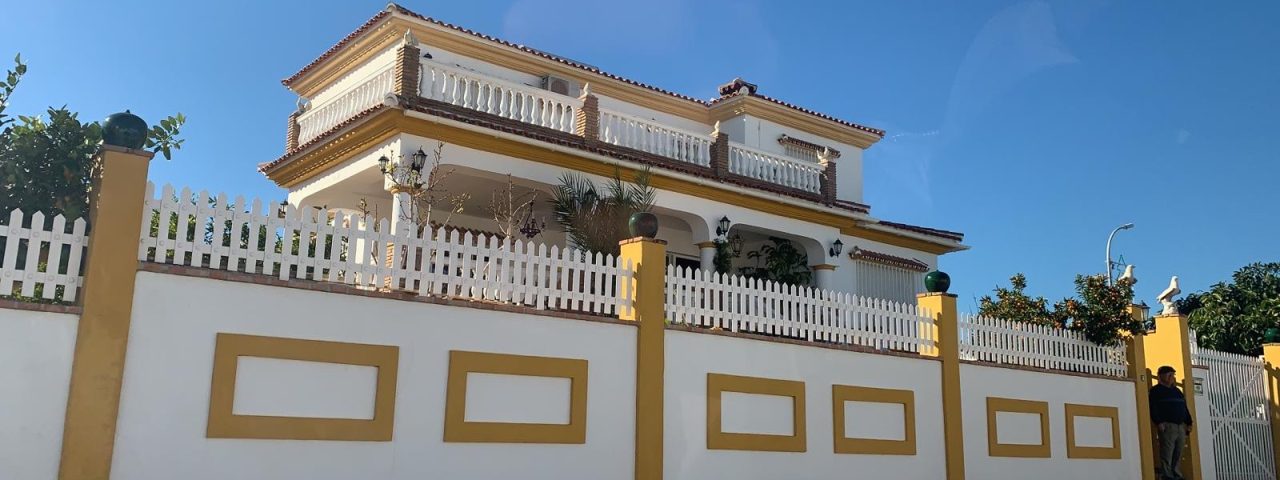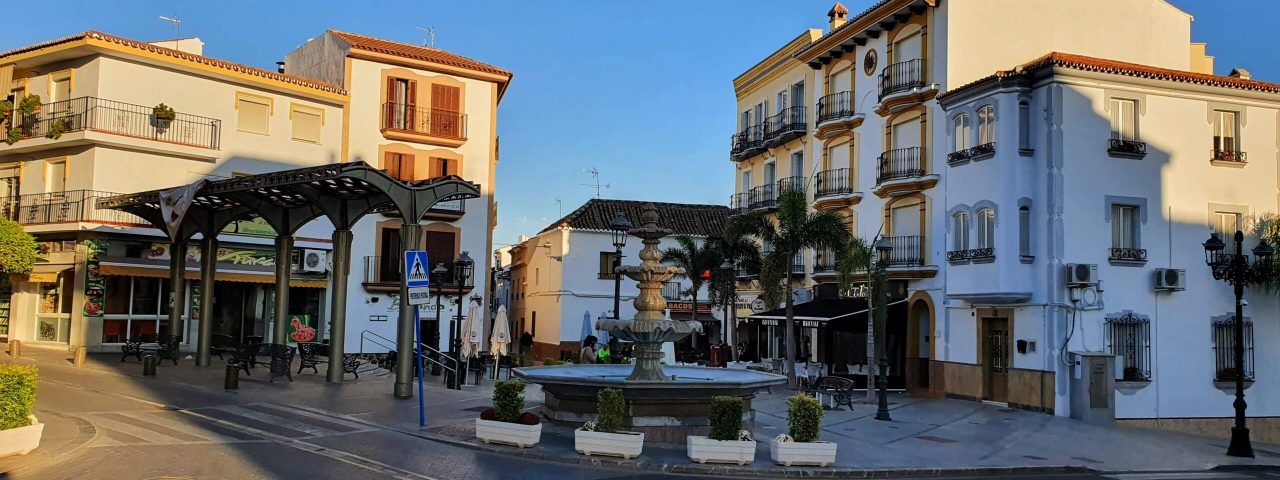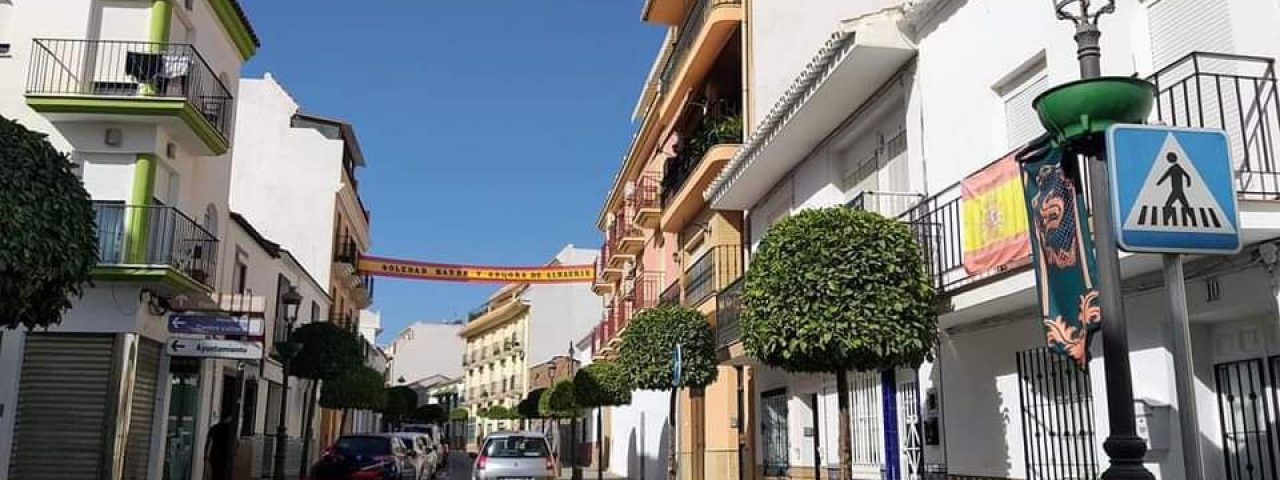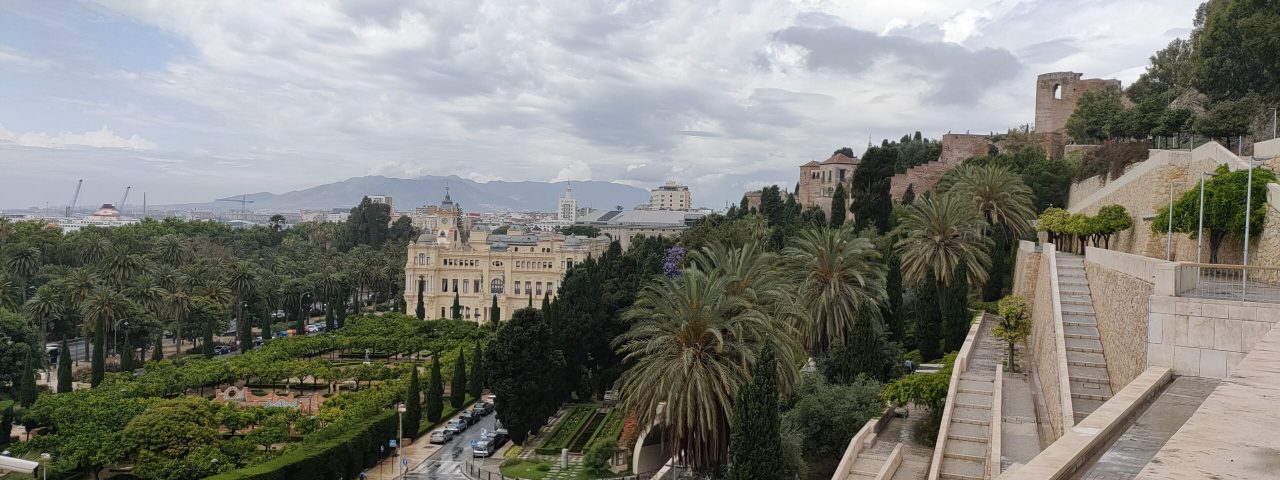Alhaurín de la Torre boasts a rich history influenced by various civilizations that have left their mark on the town. Originally founded by the Phoenicians and later inhabited by the Romans, the town flourished during the Moorish period, when it was known as “Alhaurín,” meaning “Garden of Allah.” After the Christian reconquest in the 15th century, the town became part of the Crown of Castile, with a strong agricultural economy based on olive groves and vineyards. These historical influences are still visible today in the town’s architecture, traditions, and festivals.
Culturally, Alhaurín de la Torre is known for its deep-rooted Andalusian traditions. The town celebrates several annual festivals, such as Semana Santa (Holy Week) with elaborate processions, and the Feria de San Juan, held in June, which includes music, dancing, and traditional food. Another notable event is the Flamenco Festival, which draws both locals and visitors to enjoy the passionate art form that is synonymous with Andalusian culture. The town’s dedication to preserving its heritage is also reflected in its local crafts, particularly in ceramics and pottery.
